Types of Fostering
There’s a type of fostering to suit you.
We offer a range of fostering opportunities, and there’s a type of fostering that can suit you, your family and your lifestyle! Read on to find out more about each type of fostering and what it could look like for you.
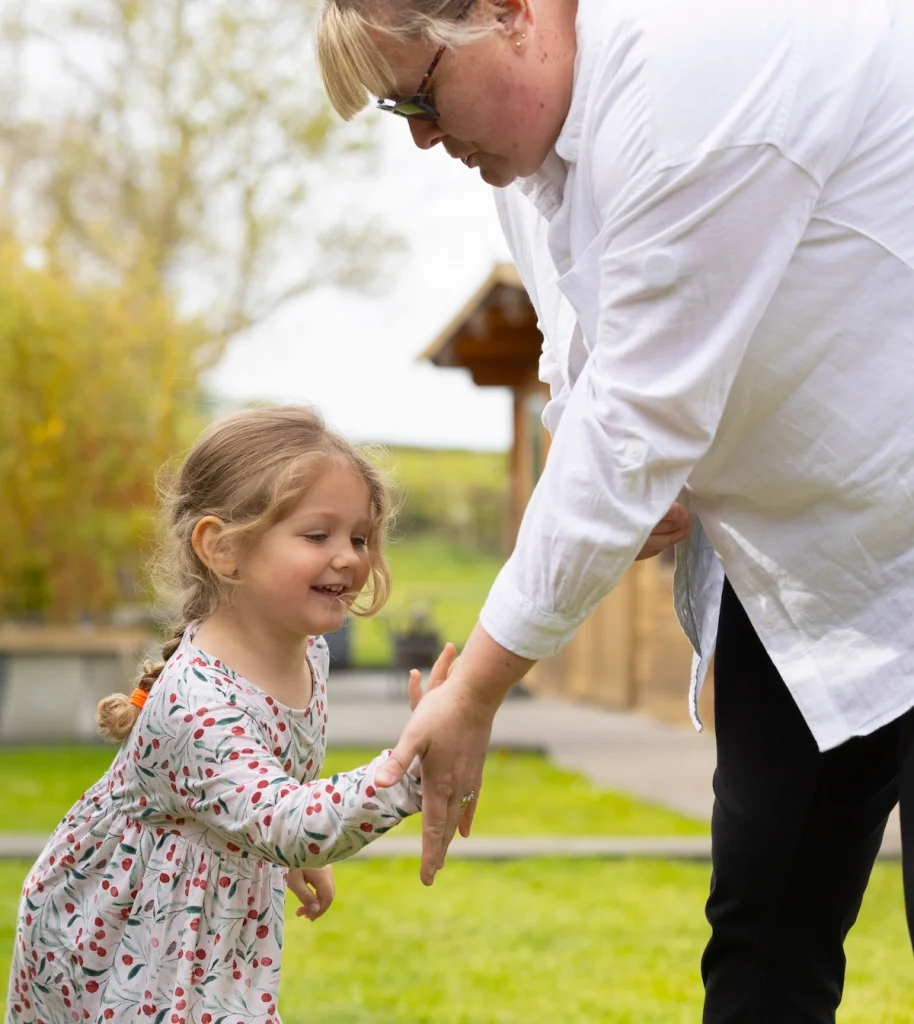
Short-term Foster Care
Foster carers who provide short-term foster care to children and young people help in providing a safe and welcoming space where they can feel at home whilst they wait for long-term arrangements to be made. This may be returning home or making the move to a long-term or adoptive placement.
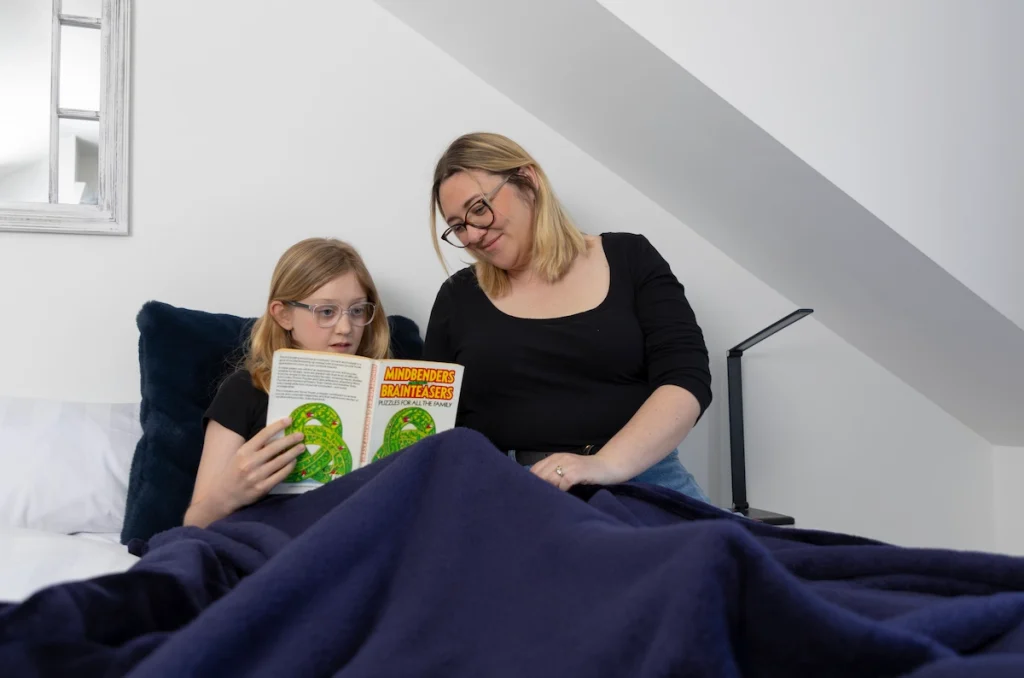
Long term Foster Care
Sometimes, through no fault of their own a child or young person may not be able to return home. In some cases, they may be adopted, but for other children where it may not be suitable, they will move to a long-term fostering family where they can be supported until they reach an age where they can live independently.
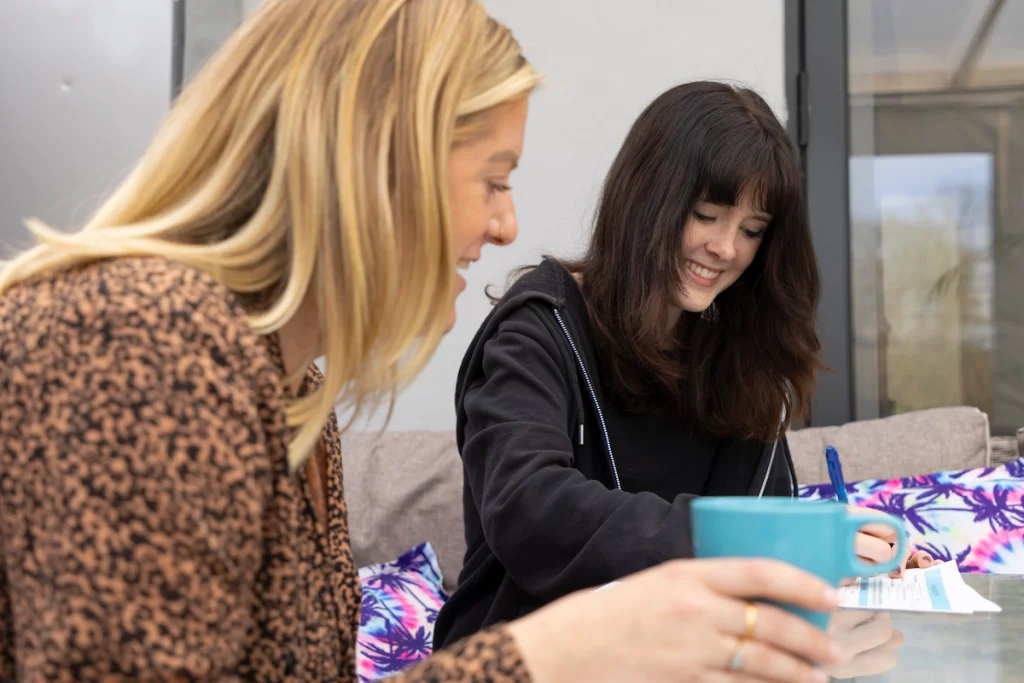
Day Care & Short Breaks Foster Care
Sometimes known as ‘Sleepovers’, Day Care and Short Breaks care is a planned arrangement where foster carers host a child or young person for an arranged day or ‘sleepover’, to help out a child’s full-time carer.
Day Care and Short Breaks care is perfect for foster carers who may not be able to commit to full-time fostering.

Emergency Foster Care
Foster carers who provide emergency foster care provide an important short-term home to stay and feel safe for children who cannot remain living at home through no fault of their own. This type of fostering requires a level of flexibility from foster carers, as a child may need to be placed at short notice and at any time of day, but your care will be incredibly important to the young person at a time of need.
Emergency foster care for a child can last up to a few weeks, whilst more permanent solutions are found, whether this is the child moving back home, or moving to longer term foster care.
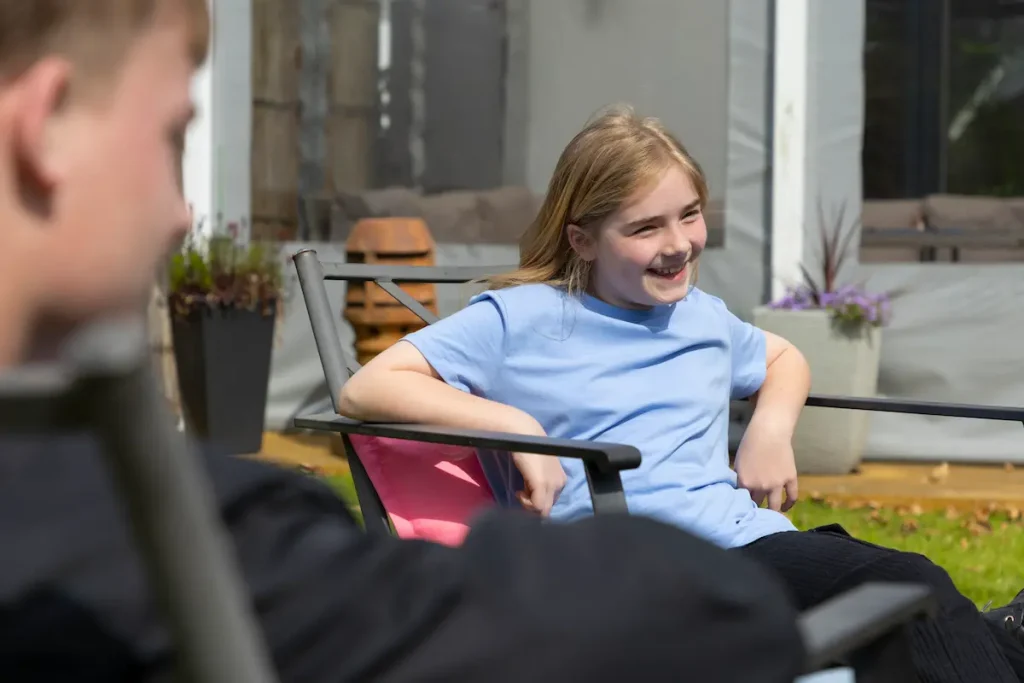
Fostering Children with Disabilities
There are children of all abilities who need the support of a foster carer. Some children may have a physical or learning disability which means they will benefit from additional support from a foster carer who might have relevant experience. We can support you with additional specialist training to ensure you’re confident in the care you’re providing.
Fostering children with disabilities can be long term, short term or on a short breaks and day-care basis.
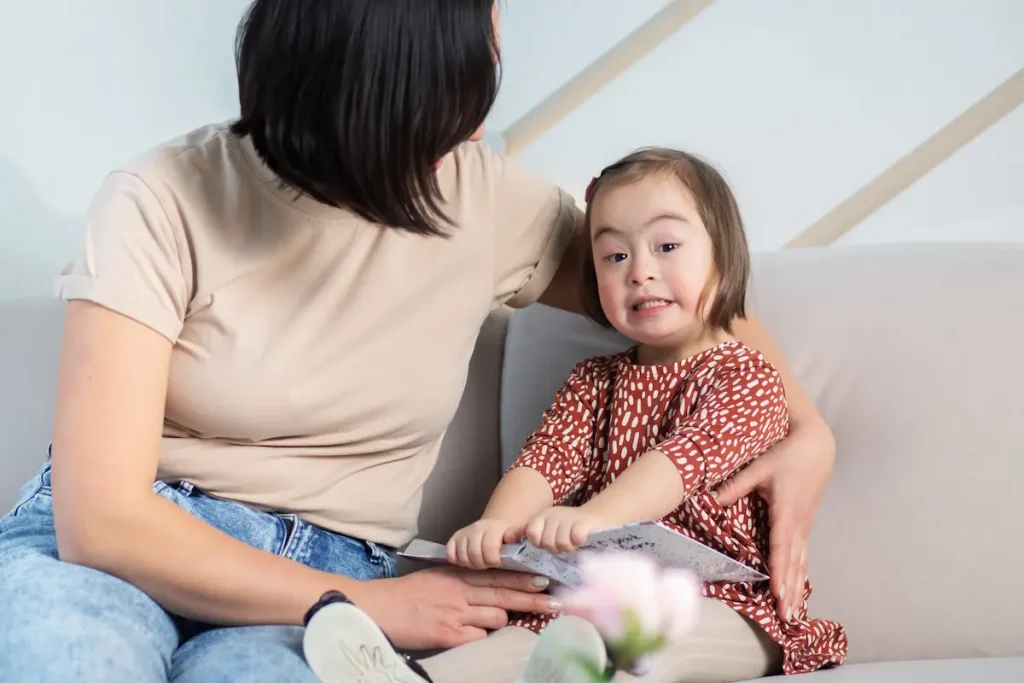
Fostering Teenagers
Fostering a teenager is incredibly rewarding, as you support a young person through an important time in their development. Every teenager is immensely different, so you may be supporting them to learn new skills before they go on to live independently, they may be adjusting to big life changes, or they may be an unaccompanied asylum seeker who will benefit from additional support living in a new country.
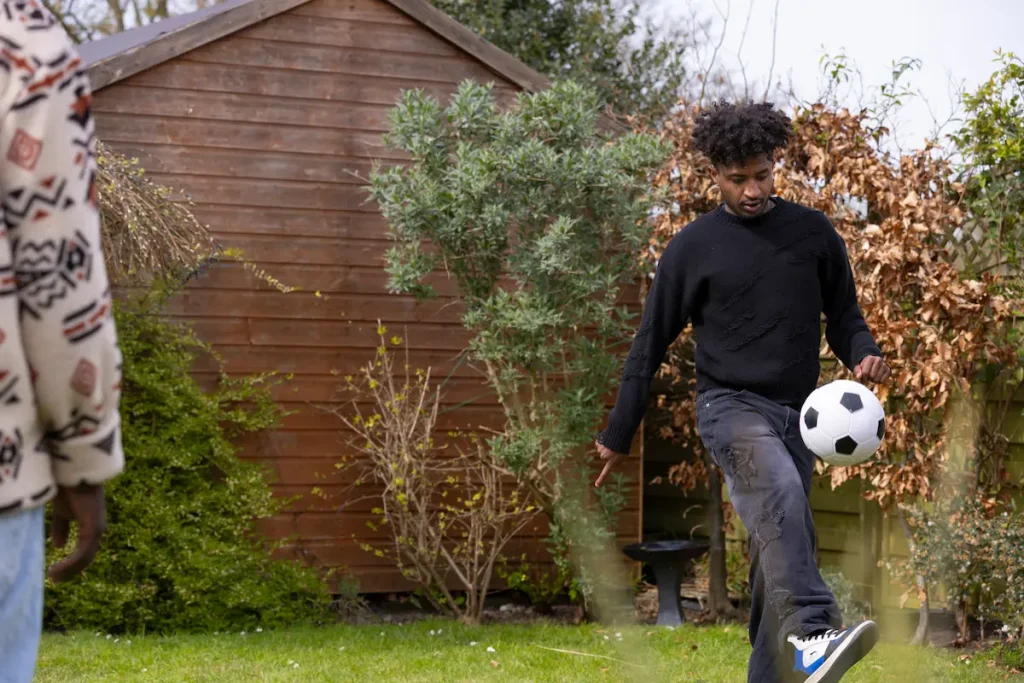
Parent and Child Foster Care
Parent and child fostering is a slightly different type of foster care, where the foster carer opens their home to a parent and their child, offering them valuable support at an important time when the parent might not be quite ready to care for their child independently. This may be due to having little experience in parenting, the need to learn new skills or if there are concerns about the parents’ ability to provide appropriate care.
This type of care allows children to remain living with their parent, but the parent and child can feel the benefits of additional support from a foster carer who is there to help and guide them. Importantly, families can remain living together until a time when the parent can look after their child independently.
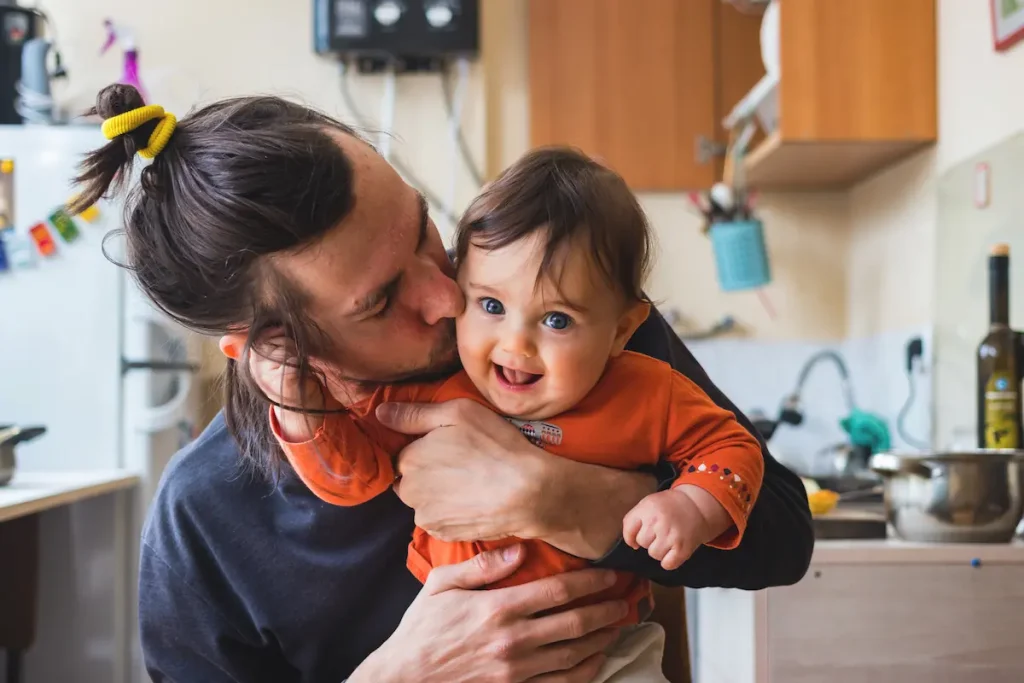
Step-down Fostering
Providing this type of foster care involves providing care to a young person who is coming out of residential care as they may benefit from a supportive family home environment. Whilst their time in residential care may have taught them skills of resilience, a foster home placement has been assessed as the best next step for them. These young people are often aged 11+ and might require additional support and understanding when adapting to family home life.
To foster a child stepping down from a residential setting, experience in caring for children or transferable skills in working with people with complicated backgrounds or additional needs is beneficial.
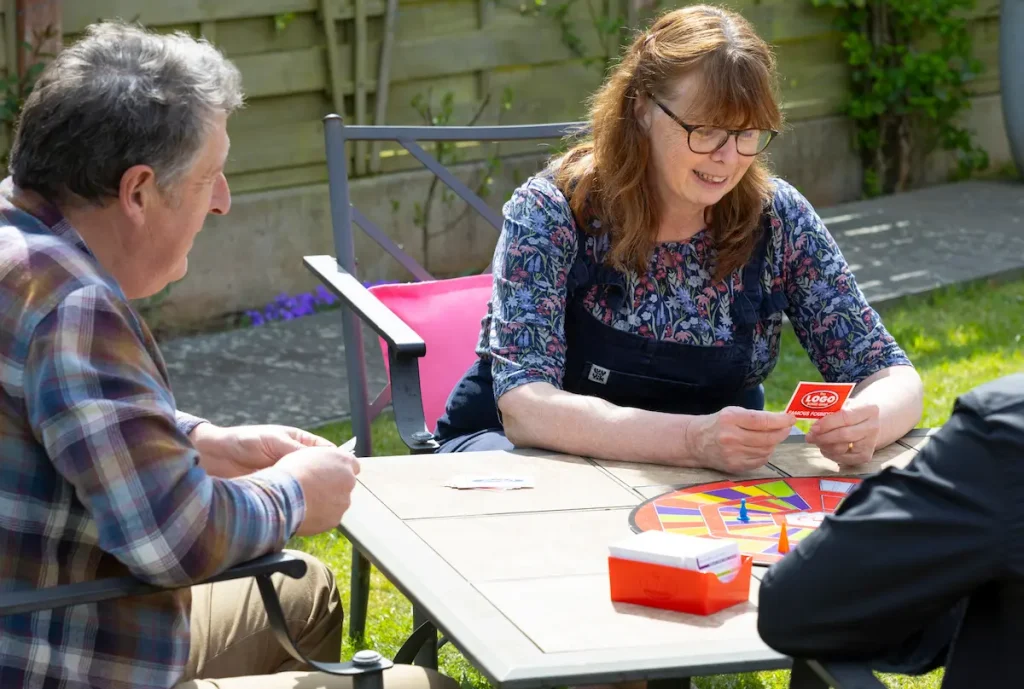
Fostering Siblings
We always aim to keep sibling groups together when we can, ensuring that their valuable bonds can continue to grow, and we avoid causing any more upset in a time that is already difficult. Fostering sibling groups means you’ll be keeping them together and in the area they know best.
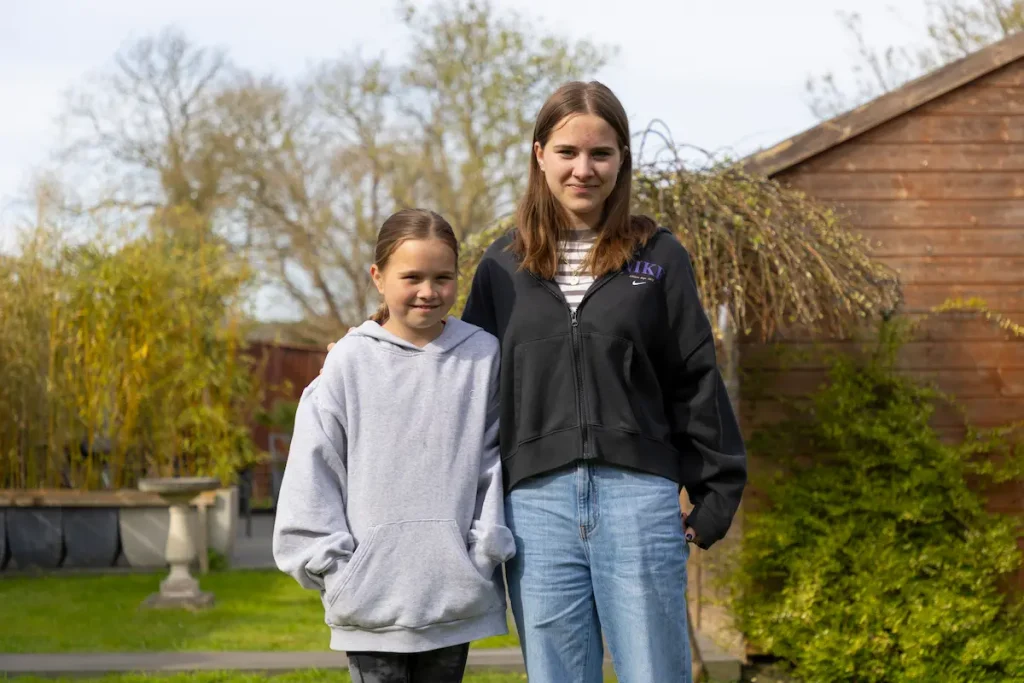
Private Fostering
A private fostering arrangement is very common, and you may not even realise that it is fostering! Private fostering is an arrangement by which a child under 16 lives with someone for 28 days or more, who is not a parent or close relative. This could be for a number of reasons, including situations like caring for a child whose parent could be poorly, a friend living with their friend’s family, or when a young person is engaging in a foreign exchange programme.
The person who is hosting the young person should notify their authority of this arrangement, as the authority must be satisfied that the placement is safe for the child or young person.
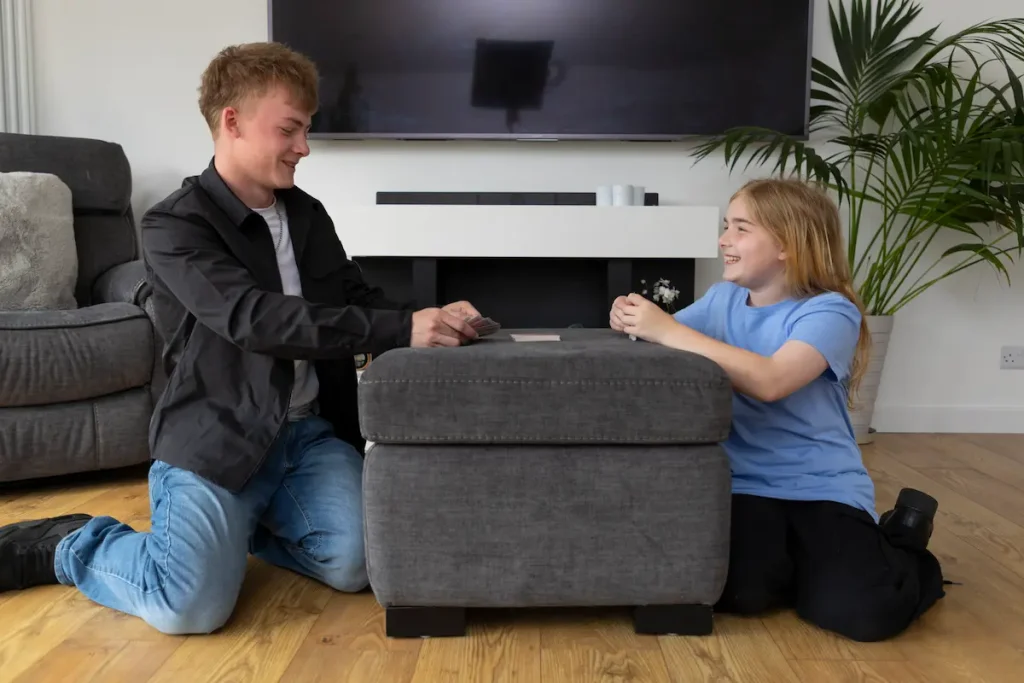
Did you know we welcome Supported Lodgings hosts?
Supporting Lodgings
Find out more about supported lodgings and how you can support young people to independence.
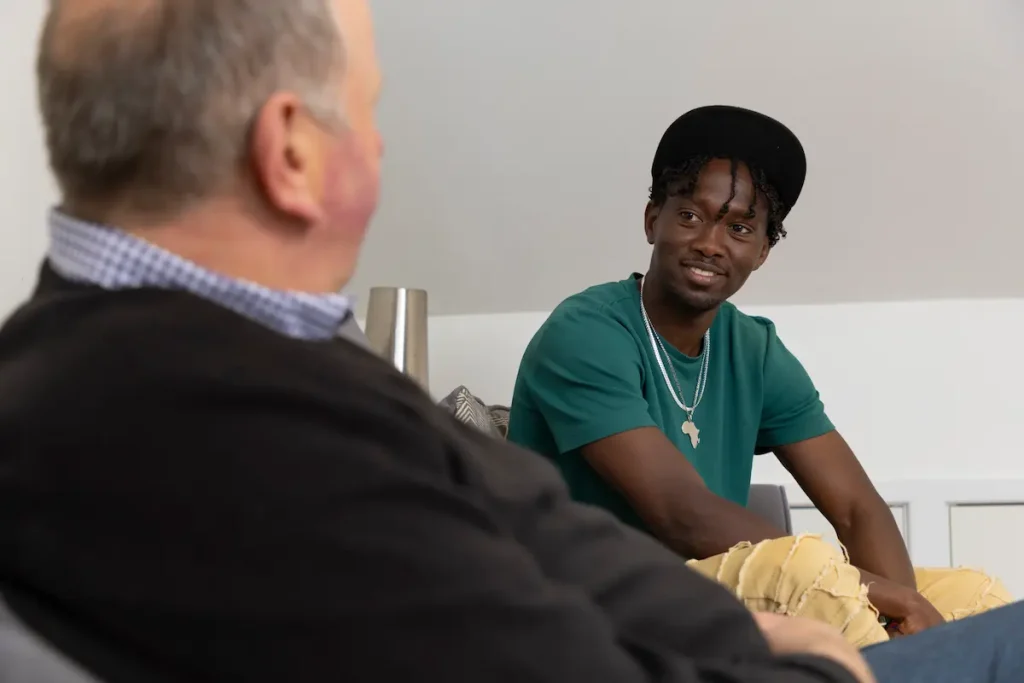
Fancy a chat?
Contact Us
Curious about fostering, but not sure about your next steps?
Get in touch for a non-committal chat! We’re always happy to help with a simple question, or if you’re ready to get the ball rolling, we’re ready to welcome you.
We’d love to hear from you!
